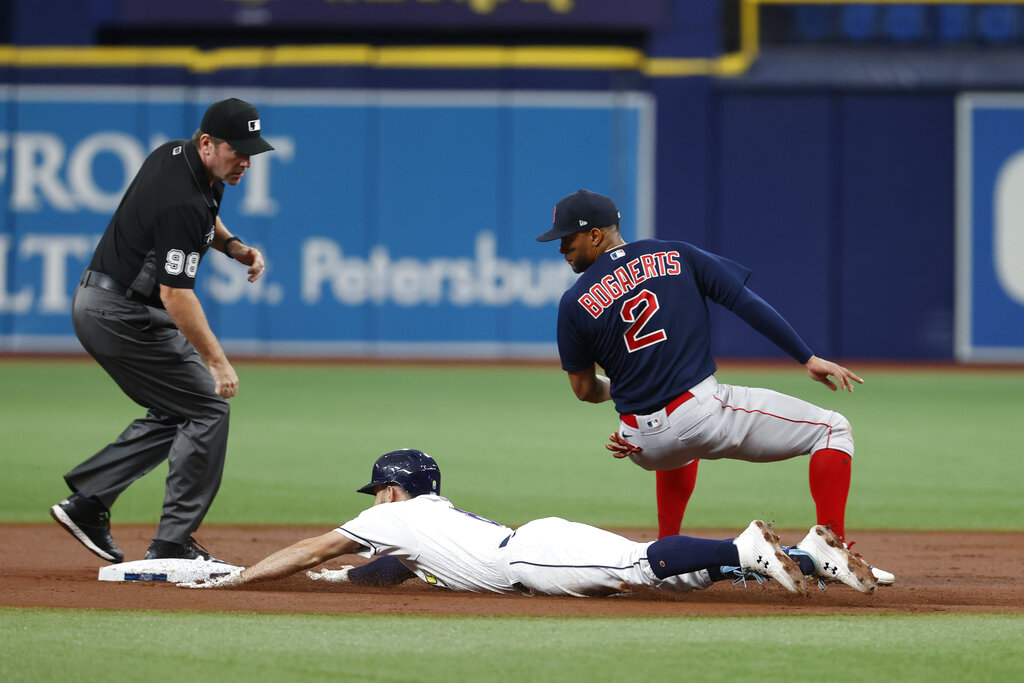NFL Thursday Night Football: Hall of Fame Game Preview
by Ben Burns
Monday, Aug 02, 2021August is here and football is back! Last year, at this time, there was still a lot of uncertainty. Would they be able to play the whole season? There wasn't a Hall Of Fame Game at all. Thankfully, things seem considerably better this year and the H.O.F. Game goes Thursday, on FOX TV. While I'm always excited about the return of football, I often pass on the H.O.F. Game. However, when I do get involved, I've typically done pretty well. (Over the past seven years, I'm 3-0.) This year's game features a pair of classic franchises, the Dallas Cowboys and the Pittsburgh Steelers. Note that those were the same teams which would have played last year, if there had been a game. Let's take a closer look. As you're likely aware, the game is played at Canton, Ohio. They've been playing the game there since before I was born. With six appearances each, Dallas and Pittsburgh have been here more than any other franchises. The Steelers are the designated home team. As of this writing, they're very slight favorites. The O/U line is in the low 30s. As per usual, the biggest stars will see little or no playing time. For Dallas, Dak Prescott is not expected to play. Neither are guys like Amari Cooper, DeMarcus Lawrence or kicker Greg Zuerlein. Same figures to be true on the Pittsburgh sideline. Tomlin noted: "We just want to see more of the other guys. Some of these guys we know a lot about and some of those guys we know a lot about might not play in the Hall of Fame game. And so we've got to get to know some others, we've got to prepare some others ..."The Steelers last played in the H.O.F Game in 2015. They lost 14-3 to the Vikings. Two years before that, the Cowboys beat Miami by a score of 24-20. Of the coaches, one could argue that McCarthy has more to prove than Tomlin. The Cowboys were 6-10 last year and there are reports that he's already on the "Hot Seat." Tomlin, on the other hand, is about as safe as an NFL coach can get. He's loved in Pittsburgh and has the Steelers off a 12-4 season. Over 14 years, he's 145-78-1. Both coaches have similar preseason records. McCarthy is 28-23 SU while Tomlin is 31-23 SU. Both, perhaps, have put a slightly bigger emphasis on winning in recent years. In McCarthy's last three preseasons, his teams were 8-4. Tomlin, meanwhile, has led the Steelers to a 9-3 record their past three exhibition campaigns. Enjoy the game and best of luck.
Read more










